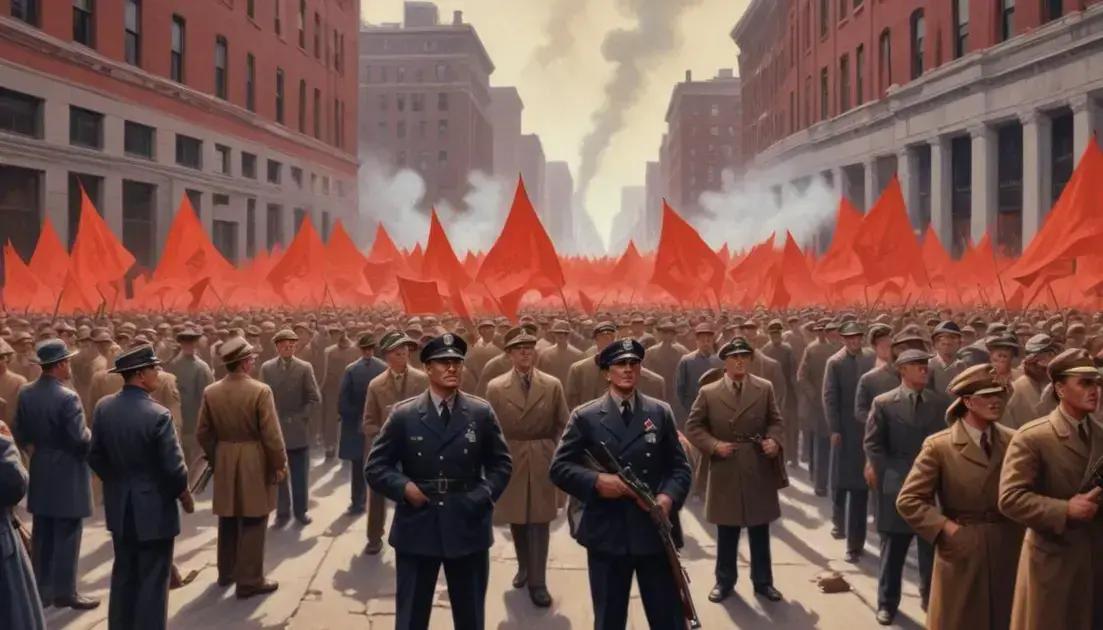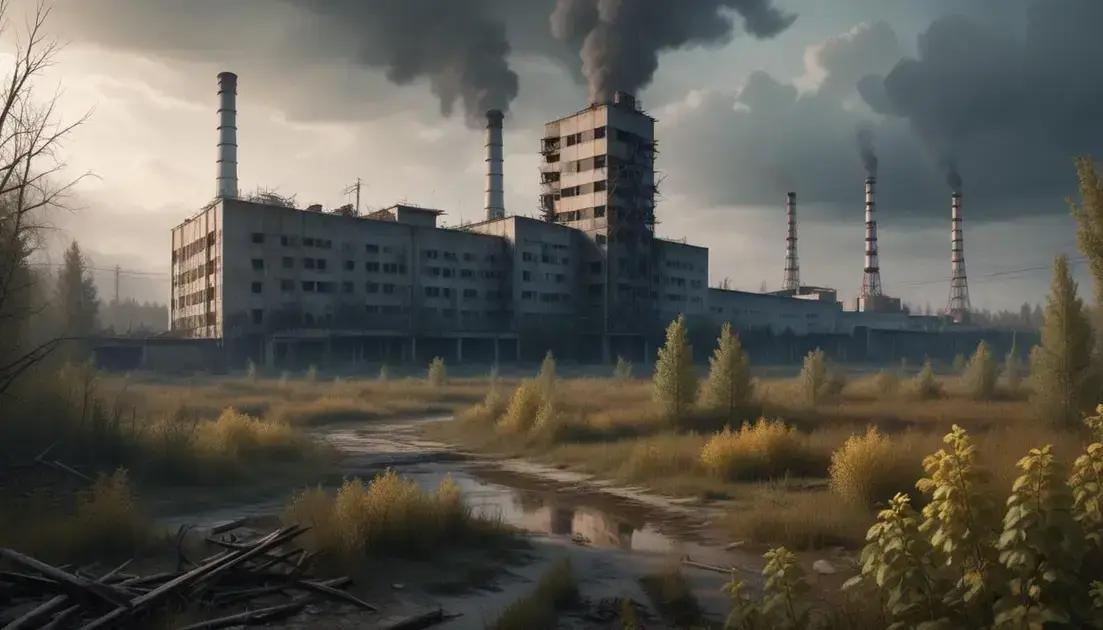
The Global Economy After the Soviet Collapse
The impact of globalization and privatization on economies worldwide has been substantial. These changes led to increased trade, job creation, and improved living standards in emerging economies. However, challenges such as job displacement and market inequalities require careful management. By balancing growth with regulation and education, countries can harness the benefits of globalization while protecting local interests.
During the transition from communism to market economies, Global Economy had to navigate unprecedented challenges. How did this transformation affect global markets?
Introduction
After the Soviet Union collapsed, the Global Economy faced a major shift. Countries that once followed strict communist rules started to open up. They began to embrace market systems. This change led to new trading partners and opportunities. Many businesses sprang up as privatization became the norm.
Globalization, in simple terms, means that countries are now more connected. Goods, services, and ideas flow freely across borders. This can bring many benefits, but it also comes with challenges. For example, some local businesses might struggle to compete.
Emerging economies, especially in Eastern Europe, began to see signs of growth. They transitioned to capitalism at different speeds. The results varied widely. Some regions transformed quickly, while others faced hard times.
The impact on everyday people was significant. Many found new jobs, but others faced layoffs. Understanding this shift helps us see how the world changed. This is just a glimpse into how the Global Economy evolved amid these changes.
The Rise of Globalization
The rise of globalization shaped economies worldwide. After the Soviet collapse, many nations began to connect more. They started trading with each other, which brought new opportunities. Countries that once stood alone found ways to cooperate.
Globalization means sharing products, ideas, and cultures across borders. It makes everything feel closer together. For example, someone in the U.S. can buy coffee from Colombia or clothes made in Bangladesh.
This increased trade created jobs and helped businesses grow. However, it also raised some concerns. Some local industries struggled to keep up with foreign competition. This pushed governments to create rules to protect their economies.
Additionally, globalization allowed people to travel and experience new cultures. This sharing broadened our understanding of the world. However, it also raised questions about identity and cultural values.
Impact on Emerging Economies
The impact on emerging economies has been profound since the rise of globalization. Many countries, especially in Eastern Europe and Asia, saw rapid growth and development. These regions opened their markets and invited foreign investments.
Emerging economies began to shift from traditional practices to modern systems. They started to create jobs and improve living standards. More businesses opened up, and consumers had access to a wider range of products.
However, this shift came with challenges. Not every country benefited equally from globalization. Some areas faced high unemployment rates as industries struggled to compete internationally. Local businesses sometimes couldn’t keep up with cheaper imports.
In addition to job creation, education improved in many regions. As economies grew, more people pursued higher education. This helped build a workforce that was better skilled and ready for new challenges.
At the same time, the environment faced pressure due to industrial growth. This raised questions about sustainability. Countries must balance economic growth with protecting their natural resources.
Privatization Trends
Privatization trends surged in many countries after the collapse of the Soviet Union. Governments realized that state-run industries often struggled. By selling these businesses, they hoped to improve efficiency and attract investments.
Privatization means moving ownership from the government to private individuals or companies. This shift can lead to more innovation and better services. When businesses compete, they tend to lower prices and improve quality.
Many emerging economies joined this trend. They opened up sectors like telecommunications and transportation to private investors. This brought more choices for consumers, as new companies entered the market.
However, privatization also sparked debates. Critics argued that it could lead to job losses. Some essential services might be neglected if profit is the main goal. It raised concerns about equity—would everyone benefit equally?
Countries had to find a balance. Effective regulations were key to ensuring fair competition. Governments needed to oversee industries to prevent monopolies, where one company dominates the market.
Concluding Thoughts
Globalization and privatization have reshaped our world. They’ve changed how businesses operate and how people interact. As economies adapt, it’s essential to understand both the benefits and challenges.
With more connections worldwide, new opportunities arise. People can share ideas and products more easily. However, we must also ensure fairness and protect local interests.
As industries evolve, so do job markets. Workers may need to learn new skills to meet changing demands. Education and training play a big role in this transformation.
Ultimately, it’s about finding balance. Governments, businesses, and communities must work together for a successful future. This way, everyone can benefit from the growth and progress brought by globalization and privatization.
Conclusion
In conclusion, the impact of globalization and privatization on economies has been significant. These changes have opened up new opportunities for countries and businesses alike. Our world is now more connected, allowing for better trade and cultural exchange.
However, challenges like job displacement and market fairness must also be addressed. It’s important for governments, businesses, and communities to work together. By balancing growth with equity, we can create a future where everyone benefits.
As we move forward, education and adaptability will be vital. Workers must develop new skills to thrive in this evolving landscape. Embracing these changes can lead to a brighter and more inclusive economic future for all.


